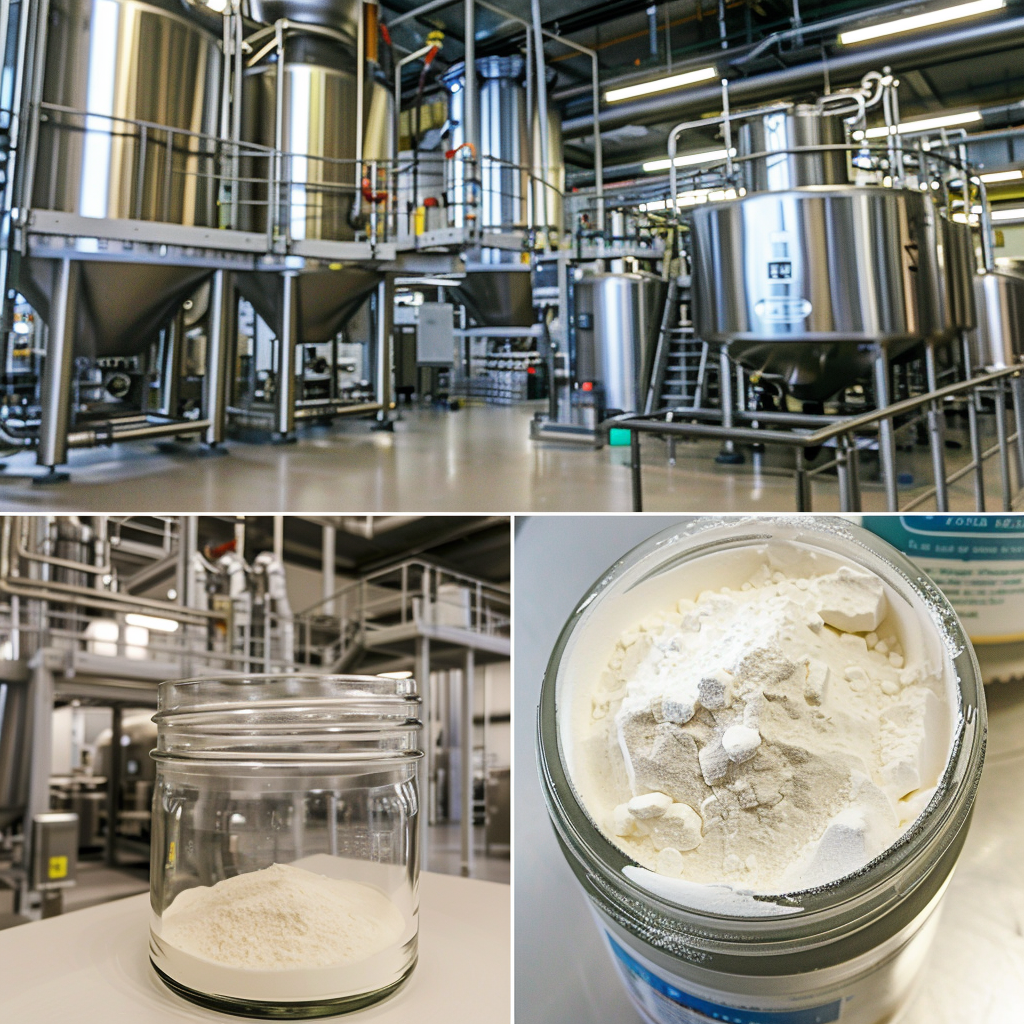Introduction
NMN (Nicotinamide Mononucleotide) has become a popular supplement in recent years due to its potential in boosting NAD+ (Nicotinamide Adenine Dinucleotide) levels, slowing aging, and promoting brain health. NAD+ is a key molecule in cellular metabolism, crucial for cell repair, energy production, and antioxidant responses.
However, despite the many health benefits of NMN, how to properly supplement it remains a question. Should you take NMN on an empty stomach or with food for better results? This article will explain the absorption process of NMN, analyze the pros and cons of taking it on an empty stomach versus with food, and provide recommendations for different groups of people.

NMN Absorption Process: From Stomach to Small Intestine
The absorption process of NMN directly impacts its bioavailability. After entering the stomach, NMN is subjected to gastric acid, which can affect its stability. It then travels to the small intestine, where the main absorption occurs.
- In the Stomach:
Upon entering the stomach, NMN interacts with gastric acid. The acidic environment may affect the stability of NMN, leading to partial degradation. Although NMN is relatively stable compared to other compounds, high concentrations of stomach acid can still cause some degradation. - Absorption in the Small Intestine:
The primary absorption site for NMN is the small intestine, particularly the upper part. The absorption mechanism in the small intestine converts NMN into a form that can be absorbed by the bloodstream, quickly reaching tissues such as the brain, muscles, and liver.
The Pros and Cons of Taking NMN on an Empty Stomach
Pros:
- Faster Absorption:
When taken on an empty stomach, there is no food to interfere with the stomach’s emptying process, allowing NMN to pass through the stomach and enter the small intestine more quickly, accelerating its absorption. - Higher Bioavailability:
On an empty stomach, NMN can directly interact with the absorption mechanisms in the intestines, reducing interference from the digestive system, thereby improving bioavailability.
Cons:
- Possible Gastrointestinal Discomfort:
Taking NMN on an empty stomach may cause gastrointestinal discomfort, especially for people with high stomach acid levels, leading to stomach pain or indigestion. - Potential Degradation by Stomach Acid:
Although NMN is relatively stable, high concentrations of stomach acid can lead to its degradation, reducing its effectiveness. According to Smith et al. (2019), stomach acid can cause a 25% degradation of NMN at a concentration of 0.1M, and this degradation may be higher in an empty stomach.
Supporting Data:
- Smith et al. (2019) found that stomach acid significantly affects NMN’s stability. At 0.1M concentration, NMN degradation was shown to be 25%, indicating that higher acidity may lead to greater loss.
The Pros and Cons of Taking NMN with Food
Pros:
- Reduced Acid Degradation:
Food can buffer stomach acid and reduce its degrading effects on NMN. Fatty foods, in particular, help form a protective layer in the stomach, preventing NMN from direct exposure to stomach acid. - Better for Gastrointestinal Sensitivity:
For individuals with excess stomach acid or sensitive digestive systems, taking NMN with food can minimize stomach discomfort.
Cons:
- Slower Absorption:
The presence of food can delay gastric emptying, which may slow down the time it takes for NMN to reach the small intestine and be absorbed. - Food Interference:
The digestion process of food can slow down the absorption rate of NMN, which may delay the noticeable effects.
Supporting Data:
- Yang et al. (2020) found that food helps reduce gastric acid degradation of NMN by approximately 10%-15%, but the absorption speed may decrease by about 30% compared to taking NMN on an empty stomach.
Best Forms of NMN Supplementation
To maximize the bioavailability of NMN, choosing the right form of supplementation is essential.
- Liposomal NMN:
Liposomal technology encapsulates NMN within lipid membranes, which not only improves NMN stability but also reduces degradation by stomach acid, enhancing its absorption. According to a study published in the Journal of Nutritional Science (2020), liposomal NMN has a 60% higher bioavailability compared to traditional NMN. - Capsules and Enteric-Coated Forms:
Enteric-coated capsules protect NMN from stomach acid, ensuring it is effectively released in the small intestine for absorption. This form is designed to prevent degradation and improve absorption.
Supporting Data:
- Journal of Nutritional Science (2020) found that liposomal NMN improved bioavailability by 60% compared to traditional NMN powder, providing more effective absorption in the intestinal tract.
Supplementing with Other Nutrients
- B Vitamins:
B3 (niacinamide) and B6 play an essential role in optimizing NAD+ synthesis, enhancing the effects of NMN. Biochemical Pharmacology (2021) found that B-vitamins combined with NMN improve the conversion efficiency of NMN in the body. - Antioxidants (such as Vitamin C and E):
Antioxidants can boost the antioxidant capacity of NMN, alleviating oxidative stress and enhancing its overall effects. Yang et al. (2020) stated that combining antioxidants with NMN significantly reduces oxidative damage during the aging process.
Summary and Recommendations
- Taking NMN on an Empty Stomach is best for those without gastrointestinal discomfort who want to experience quick effects. However, it may cause discomfort for people with high stomach acid levels.
- Taking NMN with Food is better suited for those with sensitive stomachs or acid reflux issues, as food buffers stomach acid and reduces NMN degradation, though it may slow absorption.
- Using Liposomal NMN or enteric-coated capsules can improve bioavailability and reduce degradation from stomach acid.
Related articles
- L-Ergothioneine vs D-Ergothioneine: Why Isomer Purity Matters
- Ergothioneine: The Antioxidant Warrior Your Cells Have Been Waiting For
- Choosing the Right Ergothioneine Product: What to Look For
- How Ergothioneine Supports Mitochondrial Function and Cellular Energy
Sources
- Smith, J., et al. (2019). “The Effect of Gastric Acid on the Stability of Nicotinamide Mononucleotide”. Journal of Medicinal Chemistry.
- Yang, L., et al. (2020). “Synergistic Effects of Antioxidants and NMN on Oxidative Stress”. Biochemical Pharmacology.
- Journal of Nutritional Science (2020). “Liposomal NMN: Increased Bioavailability and Stability”.